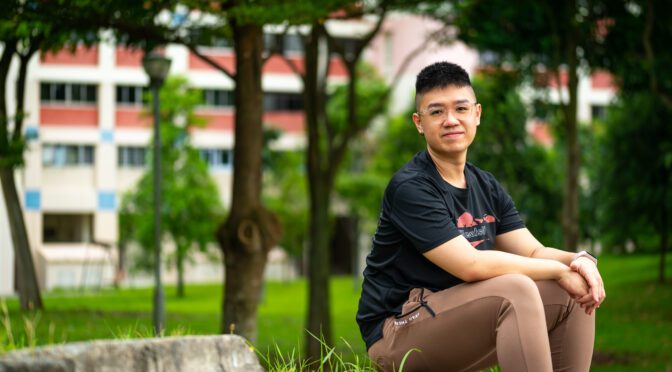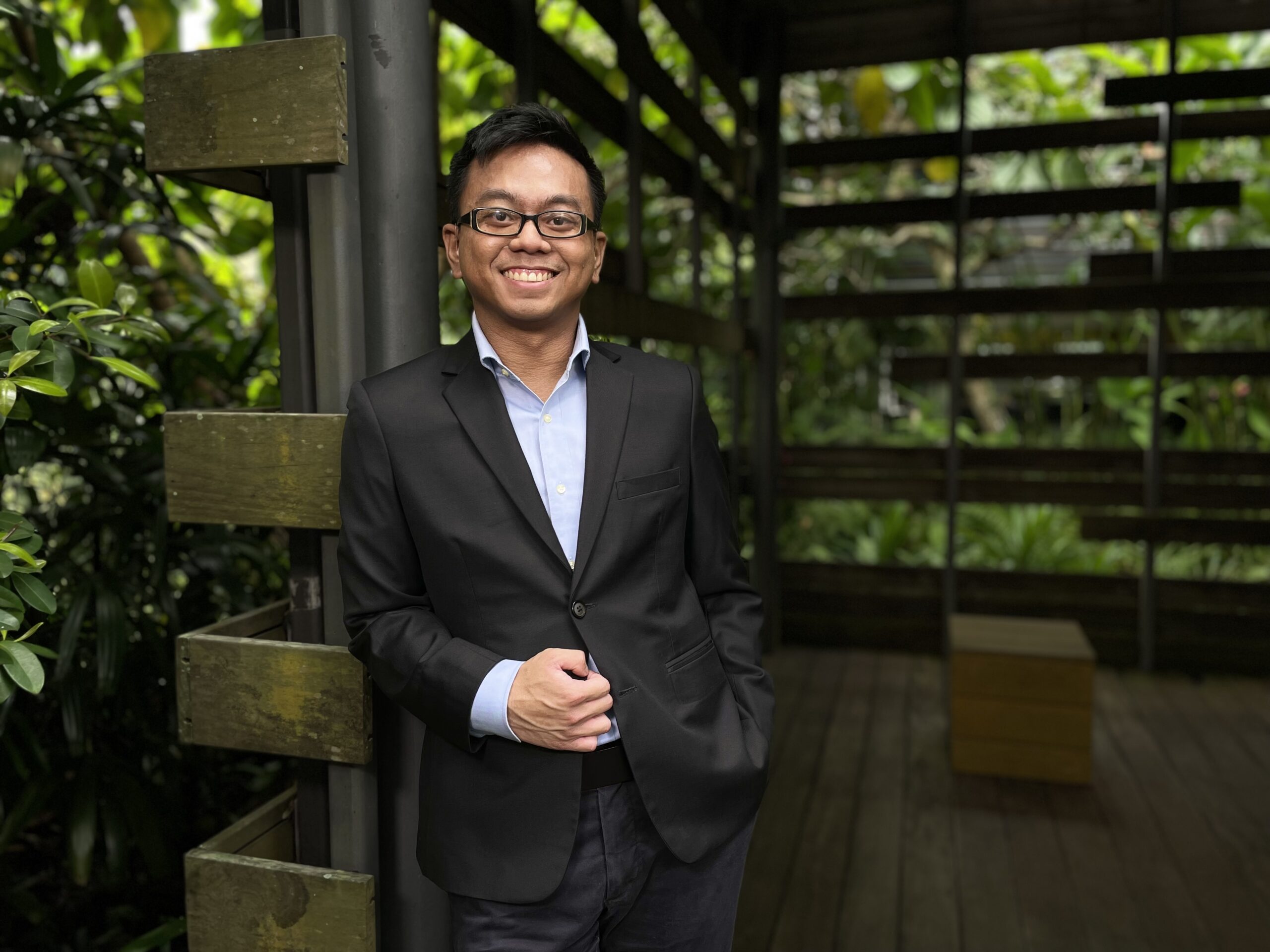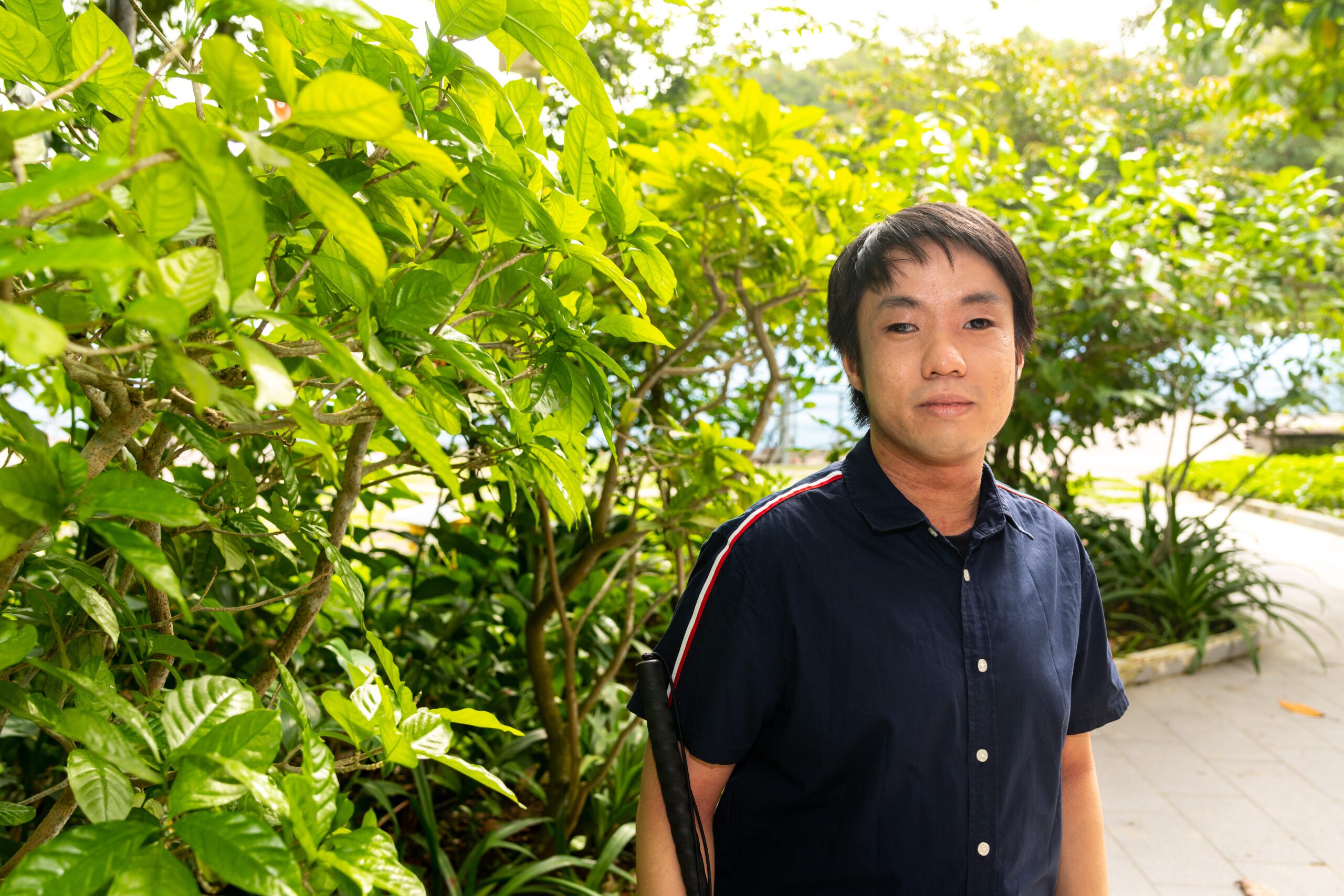Growing up in a world that is just not designed for us, bullying is almost a rite of passage for autistics. I wasn’t bullied by my peers. I was bullied by teachers. I couldn’t sit still; I couldn’t take instructions. I was singled out as the challenging student. When I was interested in a certain topic, I effusively wanted to engage in lengthy discussions with the teacher. Now, this was the sixties, seventies, and such brazen eagerness, especially in an Asian classroom, was not tolerated. During that bygone era, corporal punishment was allowed: teachers would chew us up and whack us. Rulers would break asunder right before our very eyes. I was made to stand outside the classroom.
For the longest time, I thought I was stupid because I couldn’t express an idea the ‘proper’ way. Teachers didn’t believe I authored my compositions. Not that they were advanced or better; they were just different. My art teacher once took my artwork, tore it up right in front of me and told me that I’d never be an artist because of my inability to colour within the lines. What has colouring within the lines got to do with creativity? But as an impressionable teenager, I believed her. Even till today, I’ve largely eschewed painting, taking instead to installation art. Decades later, my ex-classmates would reveal that they too were traumatised by the very callousness of this teacher.
Now, my inability to colour within the lines has nothing to do with my autism. What is associated with autism is my obsession with repetitions. When I was a child, I revelled in spinning toys. I’d line up my toys and spin them for hours, entranced by the movements. Back then, this was deemed inappropriate, an impairment. And very little was known about autism in the sixties (I would only get an official diagnosis of Asperger’s syndrome at the age of forty-two). Normal kids wouldn’t play with toys like that: they’d personify their toys and host lovely tea parties. Thankfully, my parents paid no heed to that. My father, a dental surgeon, didn’t force me to stop this peculiarity; instead, he used my hobby as an opportunity to introduce the laws of physics to me.
My mother, an English teacher, seeing that I was intrigued by the process of making treacle, gave me the space in the kitchen to experiment. She prepared sugar and boiling water, and got me to observe how the former reacted and changed at different temperatures. When I went to school, my teachers laughed at me for insisting that cooking was science. ‘Sit down, Dawn, and I will teach you why cooking is an art.’ But I could never sit still.
So, if you ask me about my childhood ambitions, I’d present them in a dichotomous timeline of before I began schooling, and after. Before, I wanted to be a scientist and an artist. Because of my innate love for animals, one of my silly dreams was to be a jungle doctor. I read very keenly a book on human biology, which imparted the knowledge of building structures such as toilets and emergency rooms in primitive settings such as an African village. I drew schematics. I even knew how deep into the earth I had to dig to build a makeshift toilet.
But my dream of becoming a scientist and artist was not meant to be. Singapore’s educational system does not consider your strengths: it takes the average of your scores and chucks you into different categories. I showed potential for biology, was wonderful at arts, and was hopeless at mathematics. When streaming came, I was put in the arts class. Arts Students in the arts stream were unfairly thought of as stupid while science students were smart. Such an indiscriminate measurement disadvantages especially autistics, because we are so different, interested in esoteric or peculiar topics society ranks unimportant.
I had a lot of disdain for Literature: an irony because I’m told I write well; and I love reading. I just was not interested in who loves whom, or why a certain character is feeling a certain way. I read for the beauty of the language, not to dissect the social themes and profundity that non-autistics are in perpetual search of. History lessons — especially topics such as The Boxer Rebellion — were traumatic. Just reading about the events stirred such strong emotions that I was rendered incapacitated: I couldn’t even show up to take the final examination. My autistic brain allows me to identify patterns. There is a resolution to humanity’s problems, yet we just won’t learn. We’ve set foot on Mars, yet we haven’t learnt how to stop fighting. Generation after generation politicians are still waging wars, and the rest of us have to live with the consequences of their mistakes.


